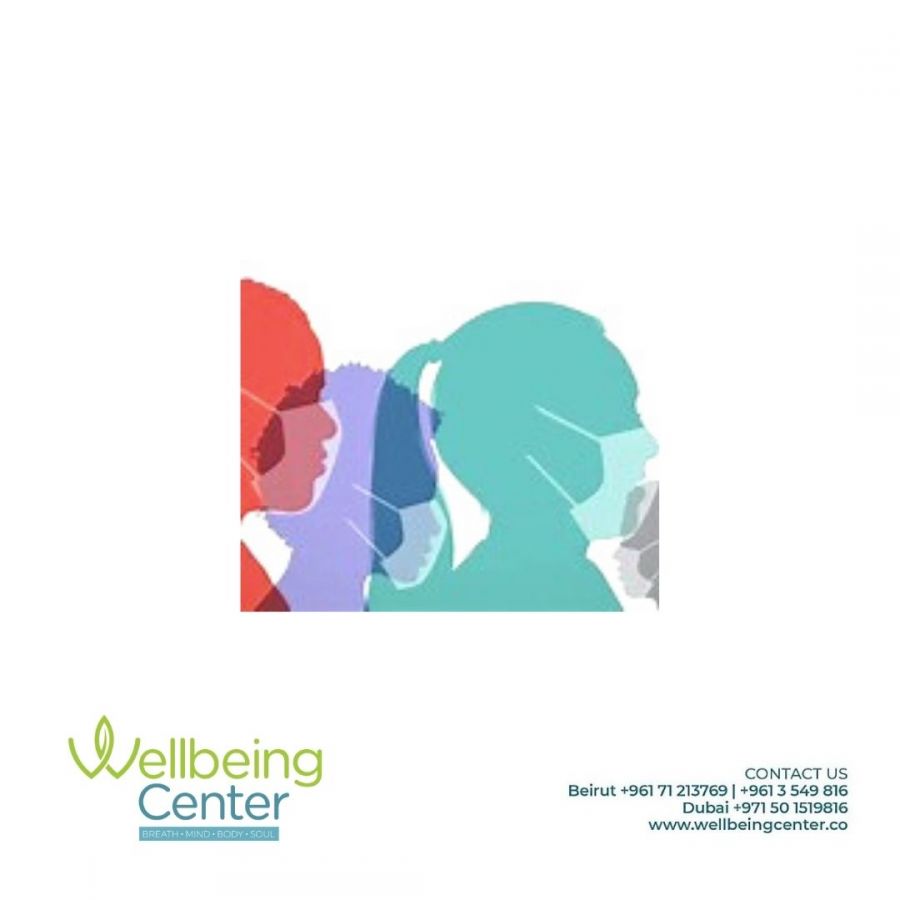Four ways social isolation affects children's development and mental health

It's hard for anyone born after the year 2000 to understand this, but there wasn't a world where you socialized online.
The only way you met people back then was face-to-face, and while you may have used the landline to call them up and chat occasionally, most of your connecting and socializing was done in person.
Fast forward to 2021, and digital socializing now makes up the majority of how we connect with others, especially since the onset of the Covid-19 pandemic. Most of this has been out of necessity, but it is having a significant impact on our mental health – especially on younger people.
In a time when children and teens should be socializing in person, developing social skills and learning vital communication skills too, they've been stuck at home on their devices, trying to replicate these experiences online.
While a lot of our current circumstances is out of our control, if you have a child or teen, there are four things to be aware of.
1. Reading cues
Being able to view someone's face when they say something can help you decipher if they're angry, sad, embarrassed or happy, for example. This is harder to do online, although not impossible.
We need to develop these skills and if our kids aren't getting a chance to do so, it can lead to misunderstandings and gaps in the tools they need to navigate the world.
"Reading between the lines" is a vital skill, and those who excel at it make excellent leaders and communicators.
The good news is that these skills can be developed in pretty short time frames, so now that the world is opening up slightly again, ensure that you encourage your children to attend real-life events, so they can start practicing.
2. Cyberbullying
It's been written about at length, but unfortunately cyberbullying is very prevalent in our children's worlds today.
Yes, it's no longer the bullies in the playground you need to watch out for – now they're on your children's phones and devices. One thoughtless comment can send your child into a spiral, and prolonged bullying can lead to depression, anxiety and a host of other conditions.
If you think that your child may be at risk or if they simply need emotional wellbeing support, contact us for professional advice and support.
You should also check in regularly with your child about how their relationships with their peers are going and check their phones too (depending on their age and your agreement with them).
You should also educate them on digital etiquette and what their personal boundaries are: what’s okay to say, what’s not and who they’re chatting to.
3. Dealing with conflict
Right from when they are toddlers sent to daycare or nursery school, young children learn to share toys or food. They also learn that others may hold differing opinions from them, and teachers may guide them through learning how to listen, respond and adjust their reactions.
When they've been isolated for so long though, their conflict resolution skills may be somewhat rusty and even forgotten.
Highlight to your child the importance of skills like empathy to help them see other points of view if they do face a difference of opinion.
It's also important that they (and you) are patient with them as they adjust to this "new normal" that even the adults are still figuring out.
4. The quest for online popularity
The unrealistic nature of social media – whether it's clever editing or filters that radically change appearance – along with the cult status of celebrities, means that many teens and children today tend to have unrealistic perceptions of what their appearance (and their lives!) should be like.
Instead of cultivating authentic relationships with their peers they actually see, the prevalence of social media means they may have unrealistic expectations of wanting to be popular on a wider scale.
Even worse, their self-esteem still in development can easily get tied up into this, which can lead to risky behavior that they may later regret.
Today’s digital world is a scary one if you're a parent, and unfortunately, there's only so much you can do to control it.
While the digital world is relatively new, authentic relationships are not – and they’re the key to helping your child through what can be a very daunting stage of their life.
